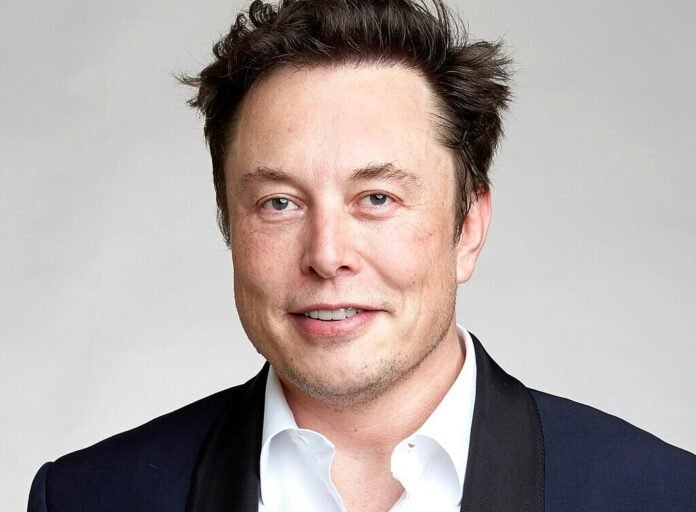Elon Musk leaves the Trump administration, slams the tax bill and bureaucratic ‘uphill battle’ in DC
Elon Musk has officially stepped down from his controversial role as a special government employee in the Trump administration, ending a brief but turbulent chapter in Washington. The billionaire CEO of Tesla announced his exit via a post on X, formerly Twitter, thanking President Donald Trump for the opportunity while signalling deep frustration with government inefficiency and recent policy decisions.
“As my scheduled time as a Special Government Employee comes to an end, I would like to thank President @realDonaldTrump for the opportunity to reduce wasteful spending,” Musk wrote. He reaffirmed his belief in the “DOGE mission”—the Department of Government Efficiency he helped create—insisting it would “only strengthen over time” despite the challenges.
The White House confirmed Musk’s departure on Wednesday evening, saying his “off-boarding will begin tonight.” The exit was described by sources as a senior staff-level decision, with no formal discussion between Musk and Trump beforehand, marking an abrupt and unceremonious break between the billionaire and the president he once dubbed his “first buddy.”
Musk’s 130-day mandate was always temporary, set to expire around 30 May. Yet during this short period, he was granted unusual authority to dismantle and restructure parts of the sprawling federal bureaucracy, a task he soon realised was far more difficult than anticipated.
In candid interviews, Musk expressed disillusionment with Washington’s entrenched bureaucracy. “The federal bureaucracy situation is much worse than I realised,” he told the Washington Post. “I thought there were problems, but it sure is an uphill battle trying to improve things in DC, to say the least.” His frustration extended to how the DOGE initiative had become a political scapegoat, blamed for failures within the Trump administration.
Embed from Getty ImagesMusk also openly criticised Trump’s flagship tax bill, describing it as excessively costly and undermining the very government efficiency he sought to promote. This disagreement is believed to have been a key factor in his decision to leave.
Behind the scenes, Musk clashed with senior officials, including a public spat with White House trade adviser Peter Navarro, whom Musk called a “moron” for dismissing his push for zero tariffs between the US and Europe. He also voiced concerns over a deal involving Abu Dhabi and OpenAI, a rival AI firm to Musk’s own company, reportedly attempting to influence negotiations.
Political setbacks further soured Musk’s enthusiasm. Despite investing $25 million backing a Wisconsin judicial candidate, the loss reportedly contributed to his growing disillusionment with politics. Meanwhile, he has faced protests and pressure from investors urging him to refocus on Tesla rather than government advisory roles.
Under the DOGE initiative, the Trump administration has cut nearly 12%—approximately 260,000—of the 2.3 million federal civilian workforce, mainly through buyouts, early retirements, and threats of dismissal. However, Musk’s critics argue the effort has created chaos rather than meaningful reform.
Having poured nearly $300 million into Trump’s campaign and Republican causes last year, Musk recently vowed to scale back his political spending. Though he promised $100 million to Trump-controlled groups ahead of the 2026 midterms, reports indicate the funds had yet to materialise.
As Musk bows out of government, he signals a clear pivot back to his business ventures, leaving behind a legacy of bold promises, political clashes, and a DOGE mission that struggled to overcome Washington’s bureaucratic inertia.
